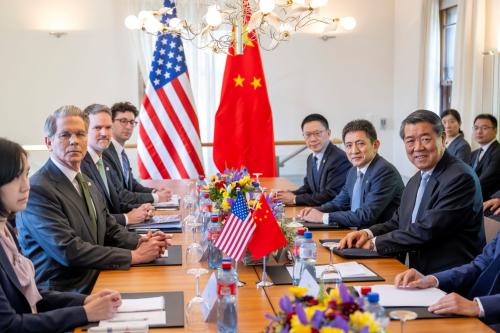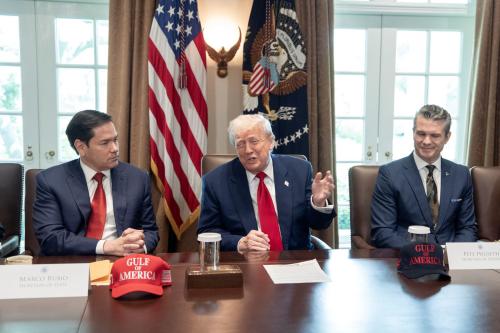In a recent commentary in the Daily Nation, the U.S. Secretary of State, Hillary Clinton, catalogued a series of benefits that Africans derive from partnership with the United States (DN, September 27).
She highlighted a series of programs such as the Peace Corps, the President’s Emergency Plan for AIDS Relief (Pepfar), food security, scholarships for youths, preference programs for trade and investment, military security, and so on.
Mrs. Clinton, for example, rightly highlighted the major achievements that the Pepfar program has had in combating HIV/AIDS.
The very able Secretary has been a great supporter of Africa, and indeed, she has been instrumental in the design of the Obama Administration’s strategy on Africa.
In addition, she has been extremely effective in reforming key agencies such as the United States Agency for International Development so as to be more effective in delivering “smart aid”.
I fully agree with the Secretary in that the various initiatives by the United States have gone a long way in helping Africans deal with some very critical human development challenges.
She focused on aid to Africa and the benefits that Africans are getting — a unidirectional flow of benefits from the United States to Africa while costs are borne by America.
This donor-recipient approach, which has for long defined U.S.-Africa relationships, was informed by a view of a continent characterized by hopelessness. However, this view is out of tune in present-day realities of an emerging Africa.
The Secretary did not do justice to the broader thinking among most of us in Washington, including the U.S. Congress, who are focusing on defining new strategies to structure a relationship between the United States and Africa that transcends the donor-recipient relationship.
Whoever is elected President, the next Administration must radically change the approach to engaging Africa. The new Africa presents many opportunities, and relationships with the continent must take cognisance of the new realities.
In a speech he delivered recently to 40 African ministers of trade and hundreds of stakeholders at the Brookings Institution, former President Bill Clinton articulated a vision of engagement that offers many benefits to both America and Africa.
Key to this engagement is the realization that Africa offers numerous profitable opportunities for Americans that would also benefit Africa through economic growth and job creation.
The realization that America can benefit from appropriate engagement with Africa is best exemplified by a bipartisan U.S. Senate Bill S.2215 (The Increasing American Jobs Through Greater Exports to Africa Act of 2012).
This bill seeks to increase investments in Africa and also to more aggressively explore opportunities to penetrate the African market.
At a time when the U.S. economy has been experiencing sluggish growth, S2215 is founded on the premise that effectively engaging “rising” Africa requires a different approach that goes beyond donor-recipient policy.
Testifying in support of the Bill at the U.S. Senate Committee on Foreign Relations at the invitation of its chairman, Senator John Kerry, I warned that American failure to change the mode of engagement with Africa has increasingly made America a marginal player as the Brics — Brazil, Russia India and China — have increased the scope of engagement.
In addition, some of the major projects that the United States has supported, while effective, need to be redesigned to cope with modern realities of regional integration.
Through the Millennium Challenge Corporation compacts, the United States has extended large grants to some countries for infrastructure development. However, these grants have a much lower impact than they would have were they to focus on regional integration projects.
China and other countries have crafted effective strategies to engage African in mutually beneficial transactions.
Rather than complaining about the imperfections of the Africa-China relations, the United States must rethink its African strategy carefully, or else it will soon be a marginal player in the continent.
The Brookings Institution is committed to quality, independence, and impact.
We are supported by a diverse array of funders. In line with our values and policies, each Brookings publication represents the sole views of its author(s).



Commentary
Op-edAmerica Will Have to Craft New Terms of Engagement with African Countries
October 10, 2012